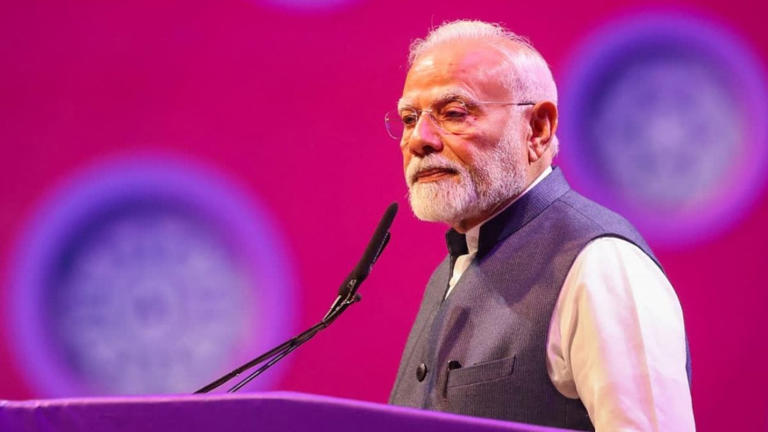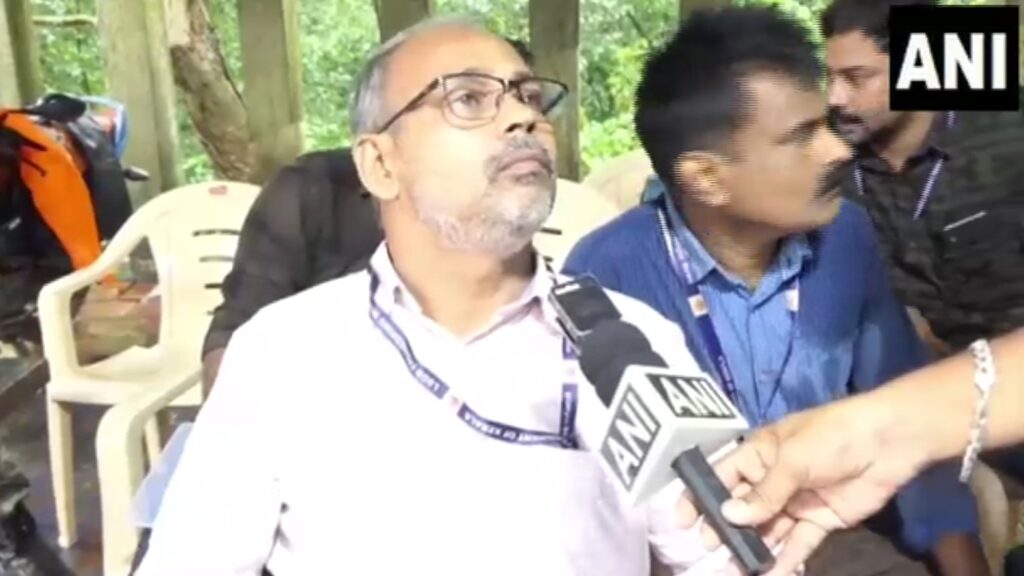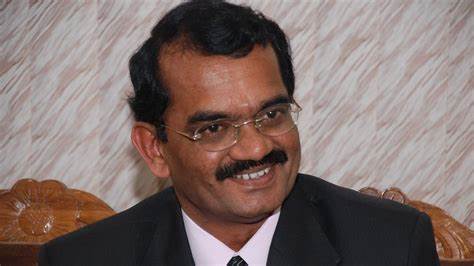PM Modi Invited to G7 Summit as India-Canada Ties Begin Fresh Chapter
In a major diplomatic development, Canadian Prime Minister Mark Carney has formally invited Indian Prime Minister Narendra Modi to attend the G7 Leaders’ Summit scheduled for later this month in Kananaskis, Alberta. This invitation is being widely viewed as a symbolic reset in India-Canada relations, which had suffered under former PM Justin Trudeau, particularly after the controversial 2023 allegations linking India to the killing of Khalistani separatist Hardeep Singh Nijjar — claims India strongly denied and Canada failed to prove.
In a recent phone conversation, PM Carney and PM Modi discussed the importance of longstanding people-to-people ties, commercial linkages, and security cooperation. Both leaders expressed a commitment to rebuild trust and collaboration based on mutual respect and shared democratic values.
This outreach marks a significant turn in bilateral relations and signals Canada’s intention to re-engage India as a trusted global partner on matters ranging from trade and immigration to strategic technology cooperation.
From Trudeau Tensions to Carney Cooperation – A Diplomatic Reset Begins
BIG BREAKING 🚨 Canadian PM Mark Carney especially calls PM Modi to invite him to official G7 Summit 🔥🔥
— Times Algebra (@TimesAlgebraIND) June 6, 2025
PM Modi to attend G7 Summit in Canada.
Earlier, Jairam Ramesh had taunted:
"The tradition of inviting Indian PMs continued after 2014. But now, Vishwaguru will not be… pic.twitter.com/ERXjIrc27W
The invitation from Carney represents more than just a G7 formality; it’s a clear effort to undo the foreign policy damage of the Trudeau era. Under Trudeau, relations with India hit a historic low, especially after Canada’s public accusation of India’s alleged involvement in Nijjar’s killing — an allegation that strained diplomatic ties, stalled trade negotiations, and triggered visa suspensions and retaliatory measures.
Carney, who won office on the back of a decisive electoral mandate, is charting a more pragmatic and conciliatory course, describing the India-Canada relationship as “incredibly important.” He has called for differences to be resolved through dialogue, not confrontation, indicating a break from Trudeau’s politically charged stance.
Carney’s G7 invitation sends a strategic message to both global and domestic audiences: Canada is ready to engage constructively with major democracies like India. It also reflects the growing recognition that alienating India — the world’s fastest-growing major economy and a key Indo-Pacific power — is no longer sustainable for Canada’s geopolitical or economic interests.
Modi’s Positive Response Signals India’s Willingness for a Recalibrated Partnership
Prime Minister Modi responded warmly to the invitation, calling it an opportunity for India and Canada, as vibrant democracies, to work together with renewed vigor. His statement indicates that India is willing to move forward, provided there is respect, reciprocity, and clarity in bilateral engagements.
This diplomatic shift could lead to resumption of trade talks, tech and education partnerships, and greater Indo-Pacific cooperation. Canada is already home to over 1.4 million people of Indian origin, making people-to-people ties a powerful foundation for any future reset.
With the G7 Summit as a platform, India and Canada can also align on climate change, counterterrorism, digital innovation, and rules-based multilateralism — critical themes in a rapidly shifting global order.
Importantly, the reset also positions Mark Carney as a global statesman willing to course-correct and prioritize national interest over political posturing, unlike his predecessor.





















